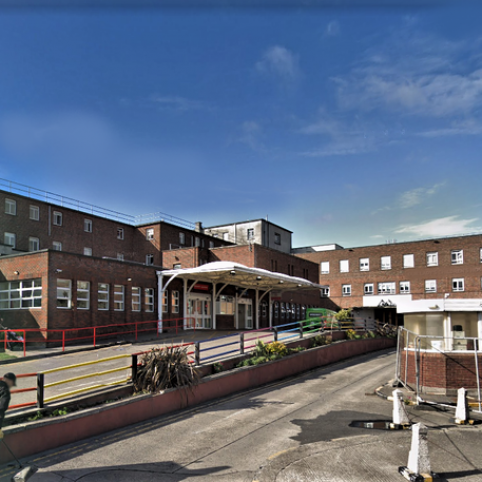Getting Ready for a Trip to the Hospital
Helpful hints getting ready for the hospital
- Keep a ‘clinic bag’ ready for those trips to the hospital. Include a special game for your child to play with.
- Keep instant ice packs on hand to use in a hurry, when travelling, or for your child’s school to keep.
- Gel ice packs work especially well – they are reusable and stay flexible.
- Keep an extra soother in the freezer. It’s great for bleeds when cutting teeth.
- Involve your child as much as possible in decisions that involve his treatment. The older the child, the more decisions he can make.
Clinic Appointments
- It’s always a good idea to arrive early for a clinic appointment.
- If this is your first clinic appointment a full medical history of your child will be taken by the consultant.
- Bring a record of any medications your child is currently taking.
- Please also remember to bring vaccination records for your child.
- And don’t forget its always a good idea to write down any questions you might have before the appointment so that you are prepared.
- If you are unsure of some of the medical jargon that is being discussed, don’t be afraid to ask questions.
Accident and Emergency Department
Bleeds can often occur in the evening, or on weekends or holidays. It can help to ensure that your child gets the proper treatment in a more timely fashion. Emergency Room staff may not be familiar with your child or haemophilia. This is an important reason why parents need to be advocates when it comes to their child’s care. Be prepared to:
- Clearly express your child’s needs
- Accurately describe the bleed that needs to be treated
- Know what type of haemophilia your child has
- Be able to name the product he is treated with
- Check to be sure he receives the correct dose
A&E rooms treat patients on a priority basis. They may not be aware that prompt treatment of bleeding episodes is important in preventing complications that can occur from prolonged bleeding in persons with haemophilia. It is not unreasonable for an inquiry to be made if your child is not seen with 30 minutes. Remind the staff of the importance of prompt treatment and ask how much longer it will be. Be understanding of the A&E situation as you calmly and clearly express your needs.
If your child has a severe bleeding disorder, ensure that you have a “Severe Bleeding Disorder Alert Card” with you at all times. This is available from the Haemophilia centre at Childrens Hospital, Ireland in Crumlin. If you need further information about this card, please contact the Society.
Also, ensure that you have a copy of the Ambulance Directive, which is pictured on the right. This directs the ambulance to take you to a haemophilia treatment centre if within 60 minutes of one.

Emergencies in your absence
Accidents can happen at any time. It is important to plan ahead so others will be able to handle emergencies in your absence.
- Inform your child’s caregiver of his bleeding disorder and what to do in the event of a minor injury.
- Be specific as to how major injuries should be handled.
- Post emergency information near the phone. Instruct the caretaker to take this information if they go for treatment.
Emergency information should include:
- Where you can be reached
- Name of your child’s doctor
- Type of haemophilia and usual treatment
- Clinic or emergency room number
- If factor is stored at home, be sure instructions are clear as to where it is kept and the amount that should be taken.
